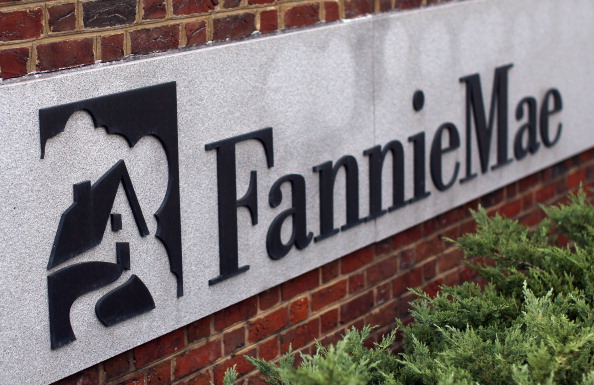First-time Mortgage Borrowers: Avoid These “Rookie Mistakes”
 Many home buyers who are applying for their first mortgage will go to great lengths to research the options, learn more about loan terms and generally educate themselves about a process that they are unfamiliar with. Despite these common steps that rookie mortgage applicants make, they often make similar mistakes when applying for their first mortgage. By learning about these common mistakes, you can take steps to prevent making them yourself.
Many home buyers who are applying for their first mortgage will go to great lengths to research the options, learn more about loan terms and generally educate themselves about a process that they are unfamiliar with. Despite these common steps that rookie mortgage applicants make, they often make similar mistakes when applying for their first mortgage. By learning about these common mistakes, you can take steps to prevent making them yourself.
Not Focusing on All Costs of Home Ownership
Many first-time home buyers are overwhelmingly focused on setting up a mortgage payment that is affordable for their budget. While this is important, the mortgage payment is not the only expense associated with home ownership. For example, there are property taxes, insurance, repair and maintenance expenses, homeowners’ association dues and more. All of these expenses should be reviewed when you consider what mortgage payment is affordable for your budget.
Not Thinking About Short and Long-Term Plans
You should also think about short and long-term plans for your home ownership experience. Some will choose a long term or an adjustable rate to keep the payments low. However, they will not consider the fact that the payment will be in place until the home is sold or the loan is refinanced. It is not certain what mortgage rates will be in the future or if you may qualify for a great rate on a refinance loan in the future, so you should always ensure that you can maintain the payment structure for as long as needed.
Not Getting Pre-Qualified
It can be intimidating to get pre-qualified for a home mortgage. Some may fear rejection or denial altogether, and some may estimate an amount they may qualify for without actually getting pre-qualified. This can backfire for you. The pre-qualification process helps you to learn the maximum loan amount you may qualify for and the payment for that amount, and this is sound, valuable information that can help you to make a more informed decision when selecting your home.
As a first-time home buyer, you may be stressed about finding the right home to buy and researching the neighborhoods and schools. While these are all factors to pay attention to, you also need to focus heavily on your mortgage. Through these efforts, you can set up an affordable home loan that is comfortable for you to manage on your budget.

 When you apply for a new mortgage, your lender may ask if you want to set up monthly payments or bi-weekly payments. At one time, monthly payments were common, but bi-weekly payments are increasing in popularity. This is because they break a large expense up into two smaller and seemingly more manageable payments. In addition, you can also make what equates to a full extra payment on the mortgage each year with a bi-weekly payment structure. Before you decide which is best for you, consider a few factors.
When you apply for a new mortgage, your lender may ask if you want to set up monthly payments or bi-weekly payments. At one time, monthly payments were common, but bi-weekly payments are increasing in popularity. This is because they break a large expense up into two smaller and seemingly more manageable payments. In addition, you can also make what equates to a full extra payment on the mortgage each year with a bi-weekly payment structure. Before you decide which is best for you, consider a few factors. Home buyers today may be concerned about finding the perfect home to purchase, but they are also often concerned with the process of applying for a mortgage. The loan application process itself may seem daunting, but many are concerned about finding a great deal on their mortgage. This may include getting a great interest rate and finding a program with low closing costs. The Fannie Mae HomePath program and closing cost assistance program is a beneficial option for many, and you may benefit from learning more about it.
Home buyers today may be concerned about finding the perfect home to purchase, but they are also often concerned with the process of applying for a mortgage. The loan application process itself may seem daunting, but many are concerned about finding a great deal on their mortgage. This may include getting a great interest rate and finding a program with low closing costs. The Fannie Mae HomePath program and closing cost assistance program is a beneficial option for many, and you may benefit from learning more about it.